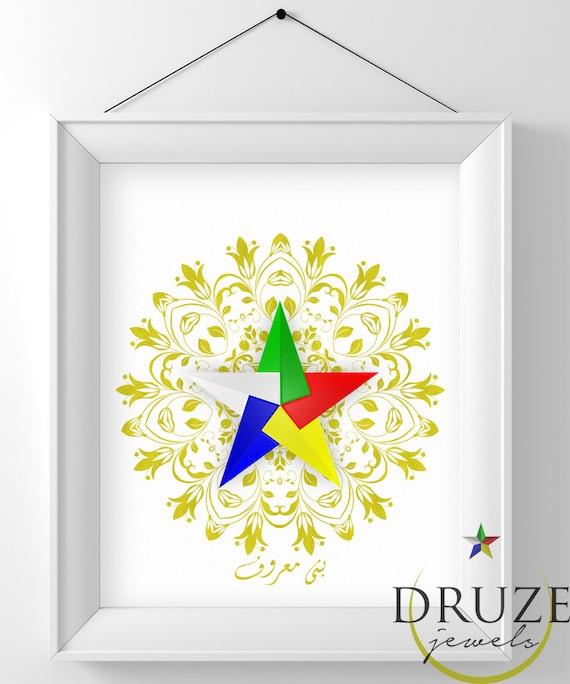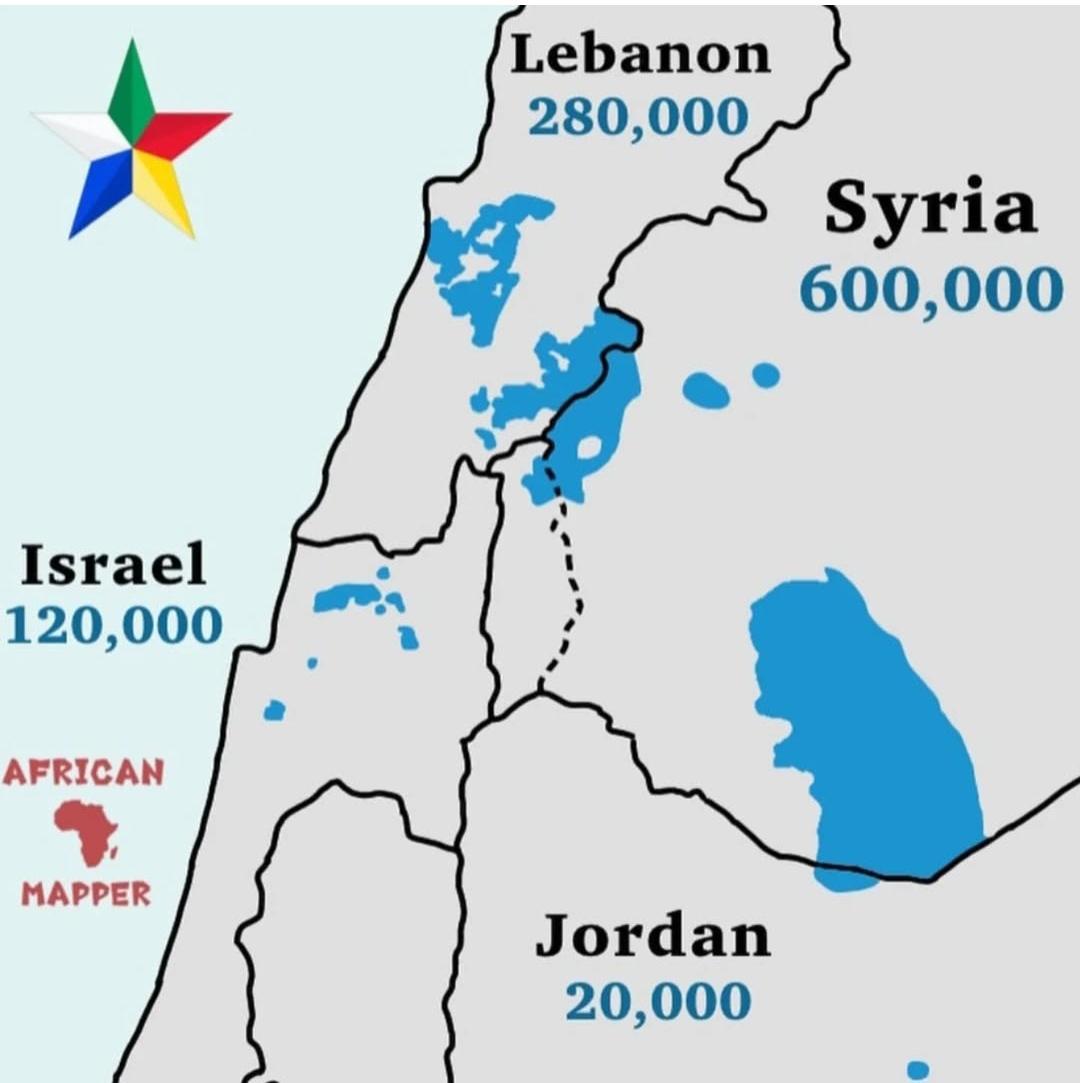بدّك تعرف ليه المتّي مشروب الدروز ؟
المتة .. فوائد كثيرة .. دون أضرار تذكر ..
...........
تعتبر المتة واحدة من أهم المشروبات التقليدية عند سكان سوريا ، لبنان ، أميركا الجنوبية وكثير من مناطق العالم الأخرى ، والذي لفت انتباهي بسرور أن كثير من الأصدقاء الأجانب يعرفون المتة بشكل جيد وأن كثير من جامعات العالم قد أجرت أبحاث كثيرة عن مكوناتها وفوائدها .
........
● من فوائد المتة المعروفة أنها تساعد في التخفيف من آلام الرأس والصداع ومفيدة لتحسين الهضم وتخفيف نسبة السكر و الكولسترول والشحوم في الدم لذلك هي مفيدة للوقاية والتخفيف من أمراض القلب وحدوث الجلطات و في معالجة السمنة والبدانة ..
كما أنها تعطي الجسم نشاط واضح من خلال تنشيط الأعصاب والعضلات و تعالج احتباس السوائل فهي من مدرات البول الفعالة ومن ملينات الأمعاء الفعالة ...
بدّك تعرف ليه المتّي مشروب الدروز ؟
المتة .. فوائد كثيرة .. دون أضرار تذكر ..
...........
تعتبر المتة واحدة من أهم المشروبات التقليدية عند سكان سوريا ، لبنان ، أميركا الجنوبية وكثير من مناطق العالم الأخرى ، والذي لفت انتباهي بسرور أن كثير من الأصدقاء الأجانب يعرفون المتة بشكل جيد وأن كثير من جامعات العالم قد أجرت أبحاث كثيرة عن مكوناتها وفوائدها .
........
● من فوائد المتة المعروفة أنها تساعد في التخفيف من آلام الرأس والصداع ومفيدة لتحسين الهضم وتخفيف نسبة السكر و الكولسترول والشحوم في الدم لذلك هي مفيدة للوقاية والتخفيف من أمراض القلب وحدوث الجلطات و في معالجة السمنة والبدانة ..
كما أنها تعطي الجسم نشاط واضح من خلال تنشيط الأعصاب والعضلات و تعالج احتباس السوائل فهي من مدرات البول الفعالة ومن ملينات الأمعاء الفعالة ...
·4K Visualizações
·0 Anterior






